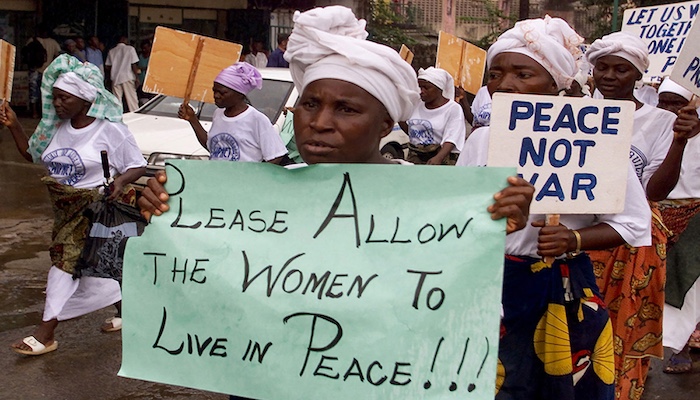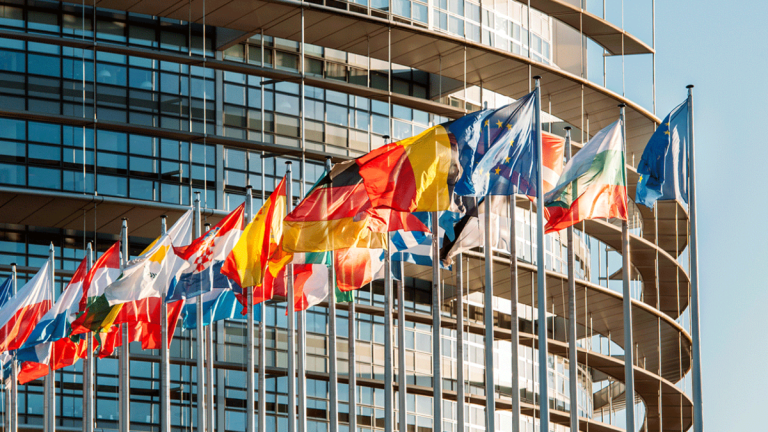
The United Kingdom, in collaboration with Global Rights and key development stakeholders, has launched a renewed drive to empower women and strengthen their participation in peacebuilding and conflict-resolution efforts across Africa.
The initiative seeks to amplify women’s voices in decision-making processes, promote inclusive governance, and build local capacity for sustainable peace.
Through mentorship programmes, advocacy campaigns, and community dialogue platforms, the partners aim to dismantle structural barriers that limit women’s leadership in peace and security.
This joint effort underscores a shared commitment to ensuring that women are not merely beneficiaries of peace but active architects shaping Africa’s future stability and development.
Historical data reveal that only three per cent of mediators, four per cent of signatories, and 13 per cent of negotiators participated in major peace processes over a 26-year period (1992–2018).
More recent statistics indicate that, by the end of 2024, women made up an average of just seven per cent of negotiators and 14 per cent of mediators in formal peace processes worldwide.
Global data further shows that women’s representation among signatories to peace agreements stood at 20 per cent overall, but this figure drops significantly to seven per cent when Colombia — which recorded high female participation — is excluded.
As part of efforts to bridge this gap, Global Rights, in partnership with the British High Commission through the UK Integrated Security Fund (UKISF), the Kukah Centre, and the Isa Wali Empowerment Initiative, organised a two-day mentorship workshop for Community Dialogue Committee women leaders in Sokoto and Kano States.
In his remarks, the Senior Programme Manager for the UK Integrated Security Fund, Mr Cliff Guy, said the mentorship session formed part of a wider UK-funded initiative titled “Strengthening Pathways to Inclusive Peacebuilding Processes and Expanding Access to Justice for Marginalised Groups in North-West Nigeria.”
He noted that the project, now over two years old, provides a valuable opportunity for new women representatives to learn from those who have been part of community dialogue committees in states such as Kaduna, Katsina, and Zamfara.
The Programme Officer at Global Rights, Ms Noya Sedi, explained that the initiative aims to build women’s confidence and enhance their active participation in decision-making and implementation platforms.
According to her: “We have been implementing this project in the North-West for about two years now. The project focuses on empowering women and ensuring their inclusion in peacebuilding processes and decision-making platforms within their communities. We began in Kaduna, Kano, and Sokoto, and have since expanded. Initially, we started with one community each in Sokoto and Kano, but we have now extended it to all the senatorial districts in the pilot states.”
In a lead paper titled “Understanding Leadership and Agency in Community Peacebuilding,” a university don, Dr Zubaida Ahmad Nagee, said women leaders play a transformative role in peacebuilding by fostering empathy, collaboration, and resilience.
She noted that the mentorship workshop empowers marginalised groups to participate, thereby strengthening the very fabric of peace, and added that it empowers women to speak, make decisions, and lead.
Linus Aleke


